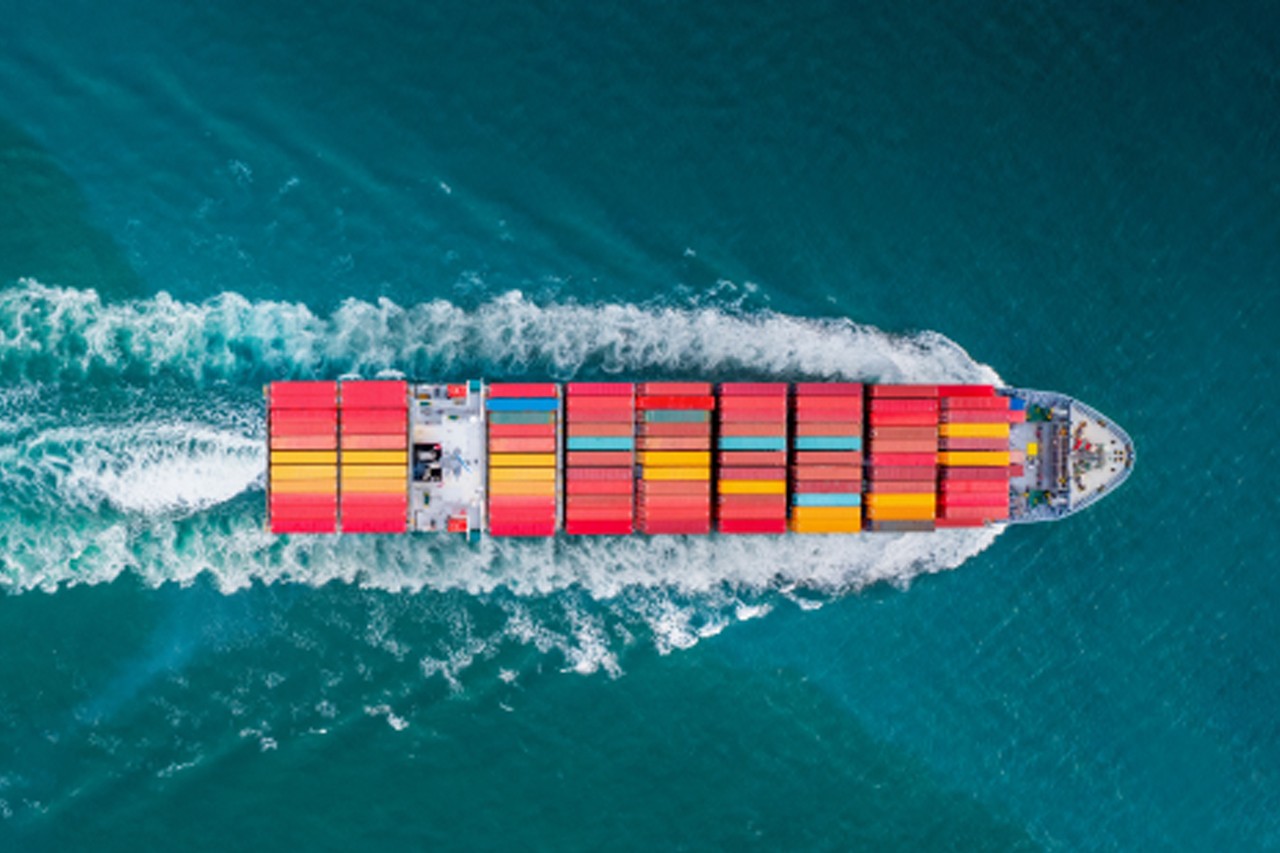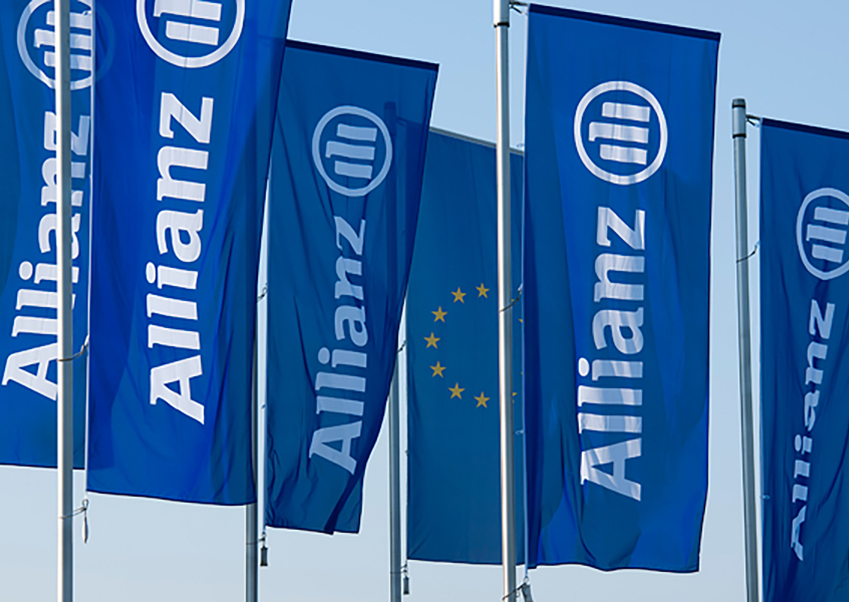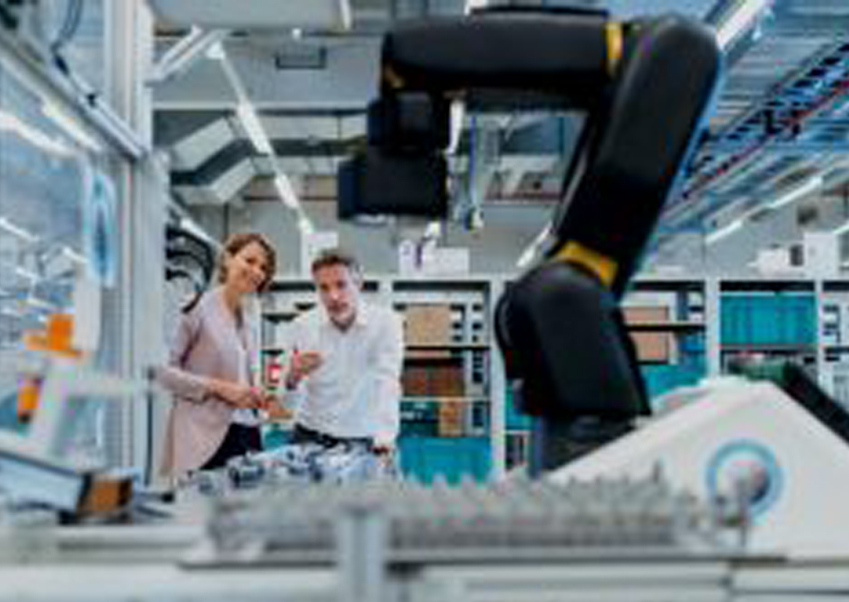A global conundrum:
How immigration is writing the next chapter for global economies
Related links
The global stage: A workforce in transition
Germany at the crossroads
In the heart of Europe, Germany epitomizes the challenge at hand. Without immigration, its workforce, aged between 20 and 66, would plummet to 39.4 million by 2050. The ramifications? A potential increase in retirement age to 68, a push toward full-time employment of part-time employees, and an urgent need to boost labor force participation rates across the board. Yet, it's clear that immigration alone cannot rectify these issues. A holistic approach—enhancing participation among women, older workers, and immigrants—is vital for a balanced labor market.
Germany's reliance on immigration is not a new narrative; it has been the backbone of population growth since 1972. The influx of refugees and asylum seekers in recent years has not resolved the labor shortage. The labor force participation rates of these groups often lag behind, spotlighting the necessity and need for successful integration strategies.
Policy pathways and recommendations
A comprehensive integration of immigrants into the labor market emerges as a critical lever for economic sustainability. Allianz researchers suggests extensive policy reforms—ranging from education and language training to legal adjustments aimed at easing immigration. Germany's Skilled Immigration Act is a step in the right direction, offering a blueprint for other nations facing similar challenges.
The disparity that may exist in education and language proficiency among immigrant populations underscores a significant barrier to labor market integration. Addressing these educational gaps, coupled with fostering German language skills, is paramount for not just economic participation but social integration as well.
Looking ahead: Challenges and opportunities
The future of the global workforce hinges on our collective ability to navigate the complexities of immigration, demographic changes, and labor market needs. The Allianz Research report offers not just an analysis, but a call to action—for Germany, for economies around the world, and for the global community.
As nations strive to balance economic needs with social cohesion, the role of immigration in shaping the future labor force cannot be overstated. This narrative, while rooted in data and policy recommendations, is ultimately about envisioning a future where diversity, integration, and economic sustainability go hand in hand.
For an in-depth look at the data and policy recommendations, download the entire report here.
About Allianz
** As of December 31, 2023.



